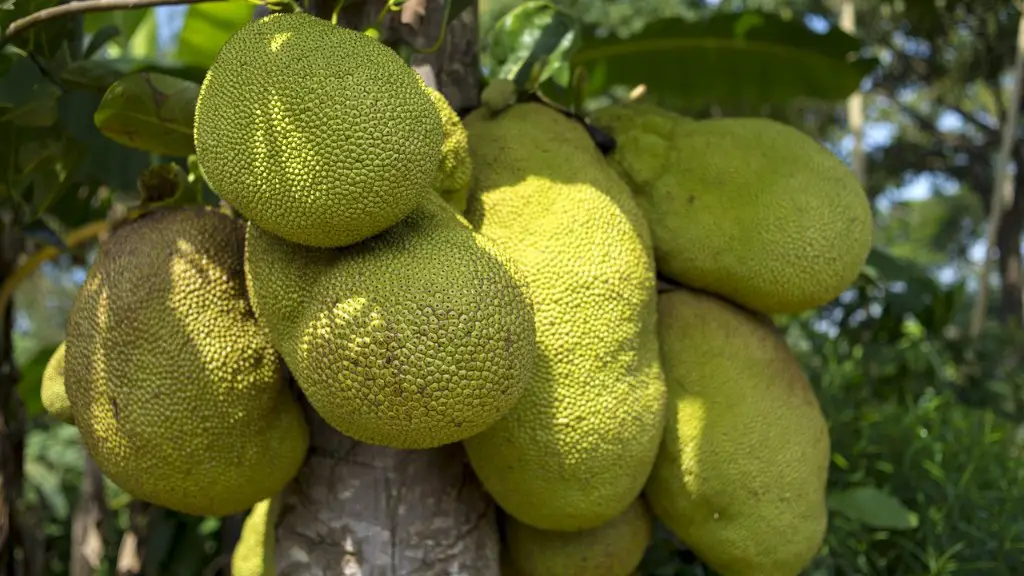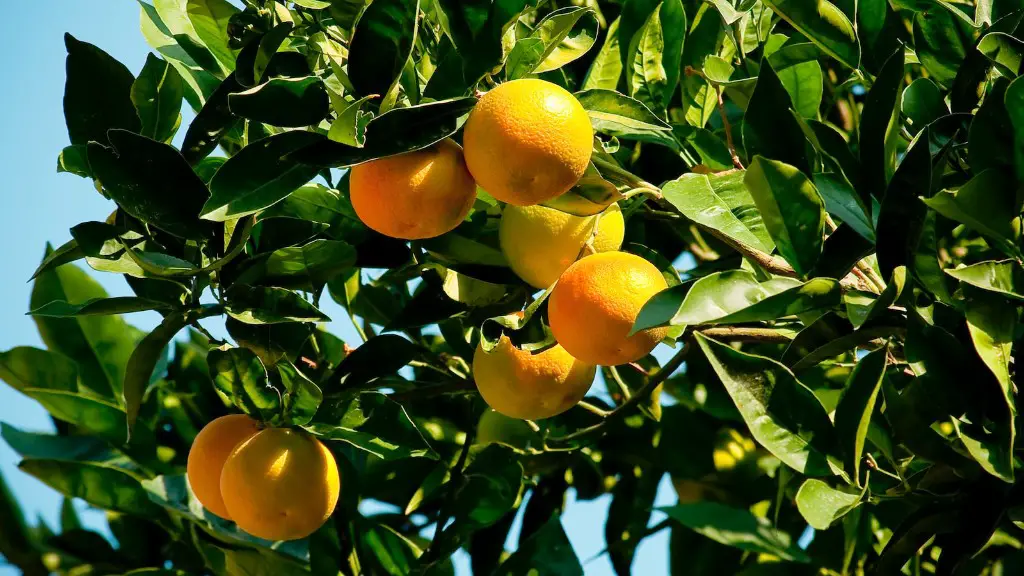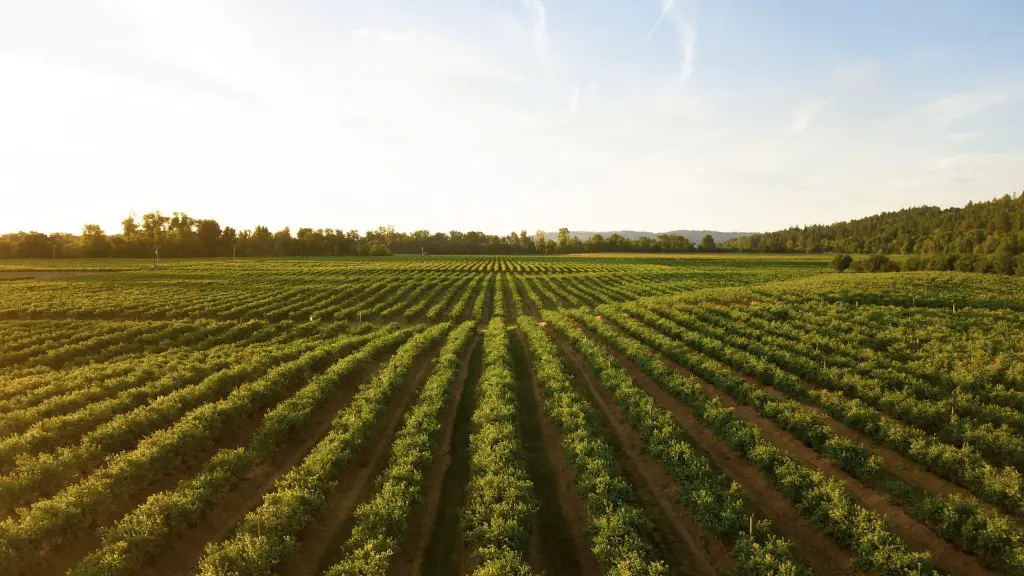Though once the backbone of America, the agricultural industry has been in decline for years. Many factors have contributed to this decline, but the most significant is the loss of family farms. Small family farms are the backbone of the agricultural industry, but they are being bought out by large corporations at an alarming rate. This is causing farmers to give up their livelihoods and abandon their way of life.
The agricultural industry has always been an important part of America. farmers have provided the country with food and helped to shape the landscape. However, the industry has been in decline for some time. There are many reasons for this decline, but the most significant is the loss of family farms.
Family farms are the backbone of the agricultural industry, but they are being bought out by large corporations at an alarming rate. This is causing farmers to give up their livelihoods and abandon their way of life. The loss of family farms is a tragedy not only for the farmers themselves, but also for the agricultural industry and the country as a whole.
There are many reasons why farmers are giving up agriculture. The most common reason is that they are not making enough money to live on. With the cost of seed, fertilizer, and equipment, many farmers are finding it difficult to make a profit. Another reason is the amount of work required to maintain a farm. Farm work is extremely labor-intensive, and many farmers are finding it difficult to keep up with the demands. Lastly, the weather can be a major factor in farming. Droughts, floods, and other natural disasters can ruin crops, making it difficult for farmers to make a living.
Why were farmers losing their farms?
The farmers who had borrowed money to expand their farms during the boom years of the early 2000s found themselves in a difficult position when the value of their farms began to decline. As farm prices fell, so too did the value of the land, and many farmers found themselves owing more money to the bank than their farms were worth. This led to a wave of foreclosures across the country, as banks took possession of farms that had been in families for generations. This had a devastating effect on farming communities, as local businesses that relied on the farmers suffered as well.
Climate change has generated shifting weather patterns and extreme weather events that make it more difficult for farmers to feed us. A reliance upon non-renewable energy is also a factor in impending food crises. The world’s population is projected to reach 9.1 billion by 2050, and with limited arable land available, we need to find ways to produce more food with less land and water. Climate change will only make this challenge more difficult.
What is the biggest problem for farmers
There are a number of problems that farmers face which include climate change, soil erosion, biodiversity loss, and meeting the changing demands of consumers. Farmers must invest in farm productivity and adopt new technologies to stay resilient against global economic factors.
The government pays farmers not to grow crops as a way to stabilize the agricultural market. By paying farmers not to grow crops, the government can ensure that farmers can always sell their crops for a fair price. This helps to keep the agricultural market stable and farmers in business.
Why are American farmers struggling?
The impact of the drought is evident in the decrease in harvest yields and the increase in farmers tilling over fields that won’t produce anything. The lack of water is a major factor in the decrease in production, and farmers are feeling the effects.
As farmers retire or pass away, their land is often sold off. This is because the next generation is often not interested in farming, and the land is worth more if it is sold. This can be a problem for rural areas, as it can lead to the land being fallow and not used.
What is main problem facing farmer today?
Agriculture is the backbone of the Indian economy and employs a large percentage of the population. However, the sector is plagued by a number of issues, one of the biggest of which is lack of infrastructure. This includes poor roads, transportation facilities and so on. Farmers have to depend on others for transport services which increases their costs significantly. This lack of infrastructure hinders the growth of the sector and needs to be addressed urgently.
Water is one of the most essential requirement for the growth of crops. The main source of water for irrigation is rainfall. But, in many parts of India, rainfall is scanty and unreliable. Moreover, most of the farmers have small holdings which are uneconomical. The high yielding variety of seeds, chemical fertilizers, insecticides, pesticides etc are expensive and our farmers find it difficult to purchase these. As a result, the agricultural production in our country is very low.
What issues are farmers facing today
The world of agriculture is constantly changing, and it can be difficult to keep up with the latest trends and issues. With that in mind, we present what we think are currently the biggest issues and questions facing agriculture in 2022.
1) Production expenses: With farm incomes potentially rising in the next few years, production costs will also be on the increase. How can farmers budget and plan for these rising costs?
2) Farmland markets: The rise in farm incomes could lead to more farmland being put up for sale. What effect will this have on prices and availability?
3) Another year of strong farm income?: After a couple of strong years, is the agricultural sector due for a downturn? What factors could affect farm incomes in the next few years?
4) Grain stocks: Global grain stocks are currently at near-record levels. How long will this situation last, and what effect will it have on prices?
5) China, China, China: China is the biggest importer of agricultural products in the world. What effect will the ongoing trade war between the US and China have on global agricultural trade?
6) Supply chains: The COVID-19 pandemic has highlighted the vulnerability of global supply chains. How
Farmers are a key part of the fight against climate change, and President Joe Biden wants to incentivize them to do their part. by paying them not to farm. This would help to reduce emissions from farming operations, as well as encourage farmers to adopt more sustainable practices. In order to make this happen, the president would need to secure funding from Congress.
Why are farmers being paid to retire?
The lump sum scheme is a great way for farmers to retire or leave the industry. The government says that this will free up land for new entrants or existing farmers who want to expand. This is a great way to help the industry grow and thrive.
The US farm program pays subsidies to farmers not to grow crops in environmentally sensitive areas. The payments are made to farmers based on what they have grown historically, even though they may no longer grow that crop. This program is intended to help farmers protect sensitive areas from environmental damage.
Why are farms disappearing
The loss of farmland is a serious issue in California. The underlying causes of farmland loss are rapid population growth and the inefficient use of land. Since 1990, urban development has consumed an acre of land for every 94 people statewide. In the San Joaquin Valley, the rate was an acre for every 8 people. This is a very alarming trend. We need to be more efficient in how we use our land or we will lose even more farmland in the future.
It is becoming increasingly difficult for aging farmers and ranchers to find younger family members who are willing to take over their business. This often results in the retirement of these farmers and ranchers, and their land is taken out of production. This is a trend that has been occurring over the last 20 years, as the average age of farmers and ranchers has risen from 52 to 57. This is a worrying trend, as it could lead to a decrease in food production in the future.
What are the five problems of agriculture?
Agriculture is vital for the development of any economy. A strong agricultural sector can provide food security, income, foreign exchange, and employment opportunities. However, the sector is often hindered by a number of problems.
One of the major problems faced by the agricultural sector is a lack of information. Farmers often lack access to information about best practices, new technologies, and market prices. This lack of information can lead to poor decision-making and ultimately result in lower incomes and productivity.
Another big problem faced by the agricultural sector is poor infrastructure. In many developing countries, farmers have to contend with inadequate roads, storage facilities, and irrigation systems. This lack of infrastructure can make it difficult to get goods to market and can lead to post-harvest losses.
Another problem faced by the agricultural sector is poor research and record keeping. In many cases, farmers do not have access to accurate data on weather patterns, crop yields, and market prices. This lack of data makes it difficult to make informed decisions about planting, harvesting, and marketing activities.
Finally, another big problem faced by the agricultural sector is a lack of finance. In many cases, farmers are not able to access the credit they need to purchase inputs, upgrade infrastructure, or
There are a number of reasons why investing in farm productivity makes sense:
1. By adopting and learning new technologies, farmers can increase yields and make their operations more efficient.
2. Staying resilient against global economic factors is important for the long-term viability of the sector.
3. Inspiring young people to stay in rural regions helps to keep communities vibrant and supports the local economy.
Conclusion
There are many reasons why farmers are giving up agriculture. One reason is the high cost of inputs such as seed, fertilizer, and water. Another reason is the low price of agricultural products. Additionally, many farmers are getting old and there are few young people who are interested in farming.
There are a number of reasons why farmers are giving up agriculture. The most common reason is that farming is simply not profitable. With the high cost of inputs and the low price of output, many farmers are finding themselves in a difficult financial position. In addition, the increasing regulations and restrictions placed on agriculture make it difficult for farmers to operate their businesses. The uncertainty of the weather is also a major factor, as farmers are struggling to cope with the effects of climate change. Lastly, the aging population of farmers is another reason for the decline in agriculture, as many older farmers are retiring without replacements.





